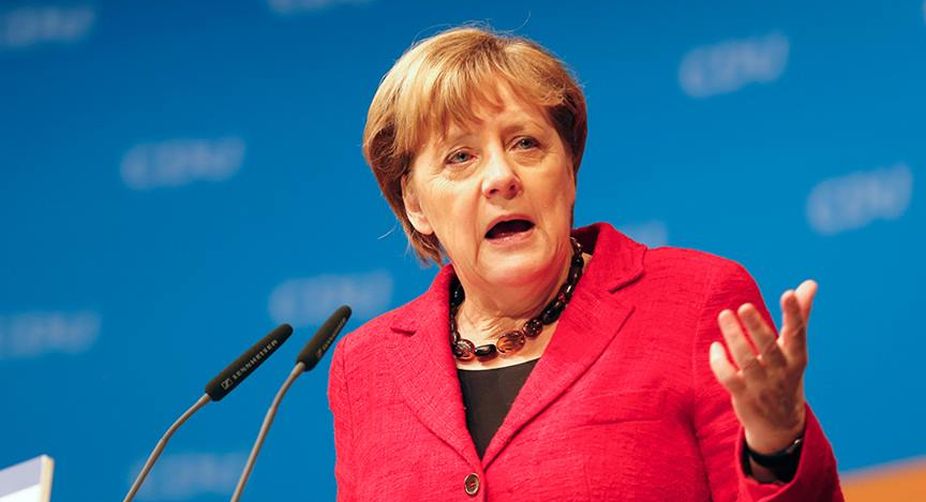Two dead as car plows into crowd in Germany’s Mannheim
At least two persons have been confirmed dead, and several others injured after a car plowed into a crowd in downtown Mannheim, a city in southwestern Germany, on Monday, local police said.

German Chancellor Angela Merkel (Photo: Facebook)
Germany is in limbo, in itself a testament to the political turmoil that confronts Angela Merkel’s Christian Democrats (CDU/CSU) three months after the general election that had yielded a fractured mandate, if tilted in favour of the Chancellor. Negotiations to cobble a three-party coalition of the Christian Democrats, the Free Democratic Party and the Greens have come a cropper. The FDP has withdrawn from the effort owing to differences on the two pivotal issues of migration and environment. Indeed, Germany is in crisis as the migration issue festers in Europe and barely a week after the climate-change conference in Bonn. Parties and politics are now in a state of deadlock and the outlook is grim. On closer reflection, one of three possibilities might emerge ~ Ms Merkel might try to form a coalition with the Social Democrats, now in the Opposition. However, this is an option that the SPD has ruled out. She could form a minority government,… as never witnessed in post-war Germany. Yet another option is to hold fresh elections, which at this juncture appears a possibility.
The resultant uncertainty could destabilise governance in general. Now that the talks have failed, Ms Merkel is reported to have indicated that fresh elections are preferable to a minority government, which can carry within it the seeds of its own denouement. Ergo, the uncertainty is considerable and the suspension of governance symbolises the failure of the democratic engagement in a nation that has been described as Europe’s powerhouse. The impact is bound to be felt in the echo chambers of the European Union, currently grappling with a welter of contentious issues ~ the eurozone, security, migration, Vladimir Putin’s meddling in the US elections, relations with Turkey, the right turn in Austria, and the democratic jitters in Poland and Hungary, not to forget Brexit.
Advertisement
Arguably, the impact of the political crisis will be quite the most critical for Ms Merkel herself. After 12 years at the helm, there has been a palpable erosion in her influence within the country. This was pretty obvious in the psephological swing during the election on September 24 when her party won barely 33 per cent of the votes. Her Chancellorship had suffered a severe jolt with the refugee crisis in 2015. The world must give it to her that alone in Europe it was Ms Merkel who offered a humane response to the worst humanitarian crisis since World War II. In point of fact, the migrants issue and Europe’s attitude generally had served to weaken her position ahead of the election. Germany’s political fragmentation reflects a wider phenomenon across much of Europe. Traditional parties are being challenged by new groups both on the left and the right, and polarisation has become more pronounced in the aftermath of the 2010-11 banking collapse and eurozone crisis. In a way, Germany exemplifies the continental drift.
Advertisement
Advertisement